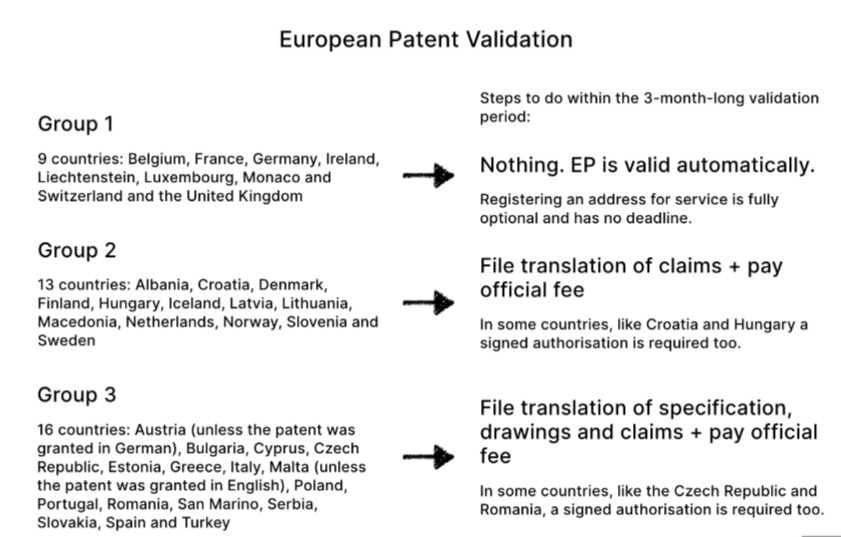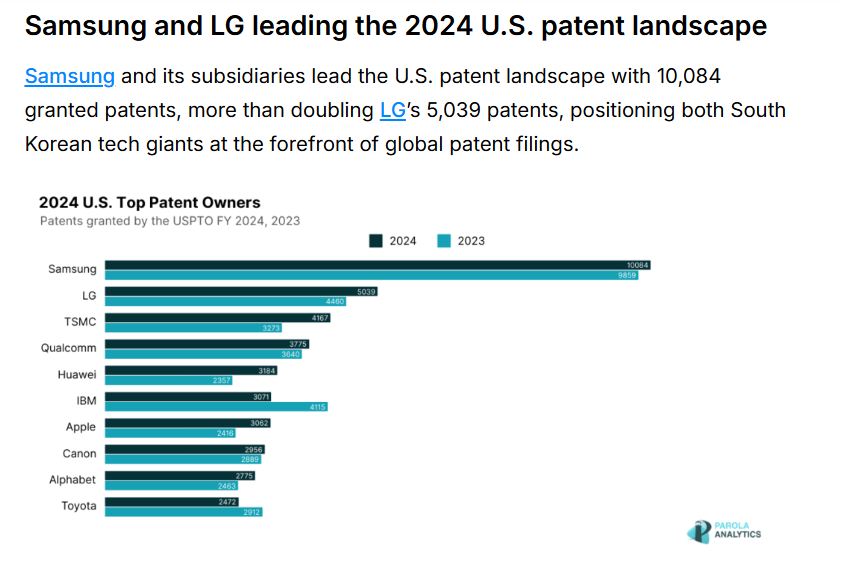Types of Delays Leading to PTA
PTA accounts for specific types of delays during the patent examination process:
A-Delays
These occur when the USPTO fails to take certain actions within specified time frames, such as not issuing a first office action within 14 months of the patent application filing date.
B-Delays
These happen when the USPTO does not issue a patent within three years of the application filing date.
C-Delays
These involve delays due to interference proceedings, secrecy orders, or appeals.

